On December 31, 2022, the Outstanding Engineers Forum of Peking University and the “Gathering Talents with Boya Spirit” Frontier Engineering Doctoral Students Exchange Conference were held in the Science Report Hall of Peking University Library. This conference aims to fully implement the spirit of the 20thNational Congress of the Communist Party of China, accelerate the implementation of the strategy of developing the country through science, education and talents, and promote the construction of new engineering disciplines and innovative reform of engineering talent cultivation. Liu Zhongfan, the academician of Chinese Academy of Sciences,the member of the Standing Committee of the National Committee of the CPPCC National Committee, the vice chairman of Beijing’s CPPCC Municipal Committee, the vice chairman of Jiu San Society Central Committee and the professor of the College of Chemistry and Molecular Engineering of Peking University, Xu Xiaotao, the director of the 5thDivision of the Talent Work Bureau, Organization Department of the Central Committee of the CPC, Tian Yongzhong, the vice-president of Aluminum Corporation of China, Yang Guo’an, the deputy secretary of the CPC Committee of China Rare Earth Group Co., Ltd, Pang Siping, the deputy secretary of the Party Committee and the vice president of Beijing Institute of Technology, Deng Rong, the CEO of Chambroad Holding Group, Zhang Jin, the academician of Chinese Academy of Sciences and the member of the Standing Committee and vice president of Peking University, Cheng Heping, the academician of Chinese Academy of Sciences, the director of the National Biomedical Imaging Center and the professor of the College of Future Technology of Peking University, and other guests attended the Forum. The opening ceremony was presided over by Wang Peimin, a 2021 PhD student of Materials and Chemical Engineering of Peking University.
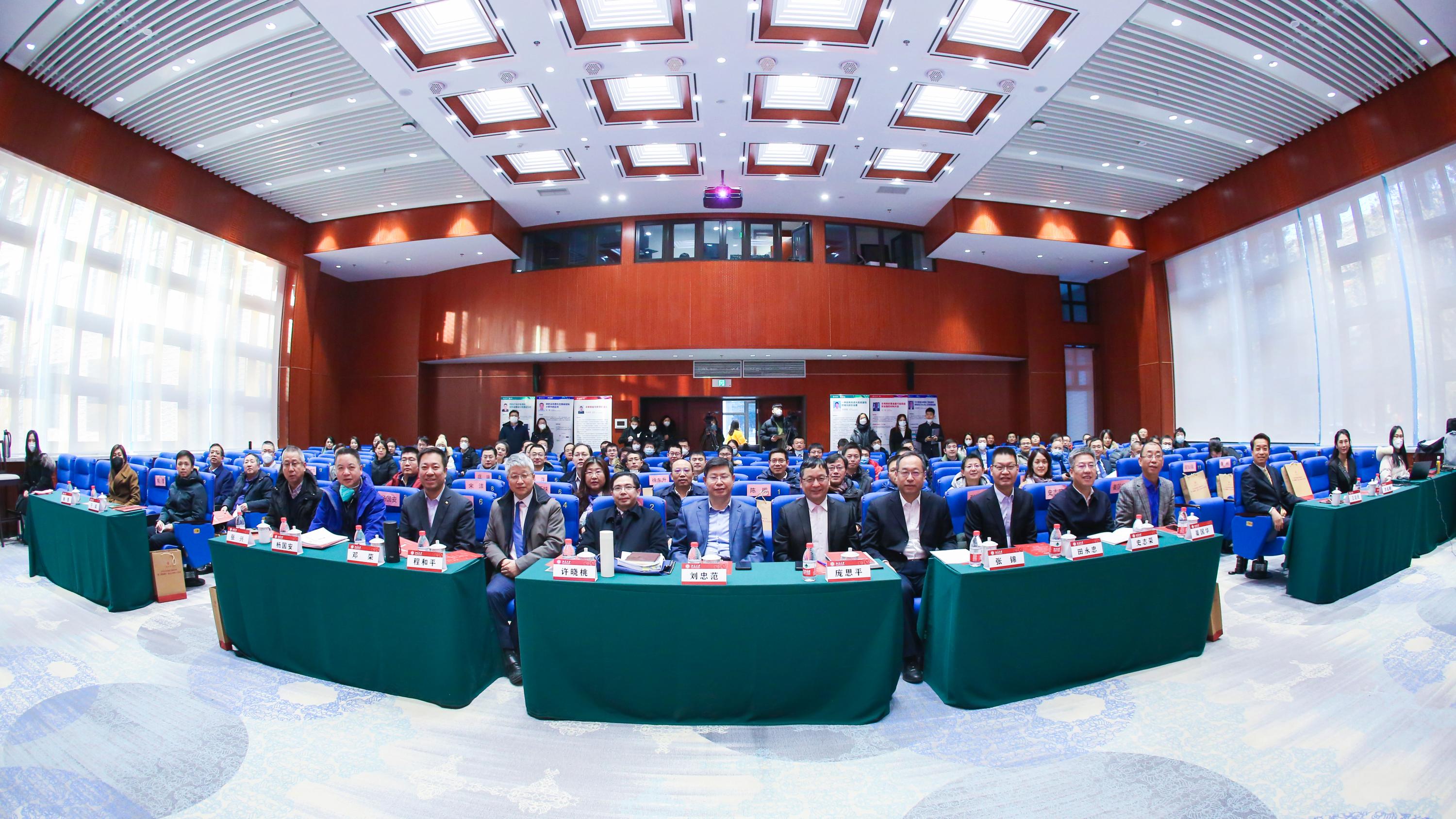
Group Photo of the Forum.
Zhang Jin delivered an opening speech. He emphasized that, as President Xi Jinping pointed out that, in the coming decades, a new round of technological revolution and industrial transformation will form a historic intersection with the development of human society and the progress and innovation of engineering technology will become an important engine for promoting the development of human society. Therefore, it is necessary for us to cultivate a large number of outstanding engineers and strive to build a team of engineers who love the Party and are willing to serve the country. They also should be dedicated to their work, have outstanding technological innovation capabilities, and be good at solving complex engineering problems. Cultivating outstanding engineers is an important lever for implementing the spirit of the 20thNational Congress of the Communist Party of China and achieving the coordinated and innovative development of education, technology, and talent. Peking University has always been at the forefront of engineering education. In this new era and a new journey, Peking University has further leveraged its advantages of profound basic research and comprehensive disciplines, proposed a new concept of constructing new engineering disciplines of “inspiring engineering with science, managing engineering with art, and promoting diversity with engineering”, and strived to create a benchmark and leader for engineering education in a comprehensive research-oriented university. He hopes that experts and leaders from various sectors of government, industry, academia, and research center can brainstorm and speak freely, actively contribute wise ideas to promote engineering education to better serve the country’s technological self-reliance purpose and high-quality economic and social development, and jointly answer the questions of the times with deep thinking and various practice.
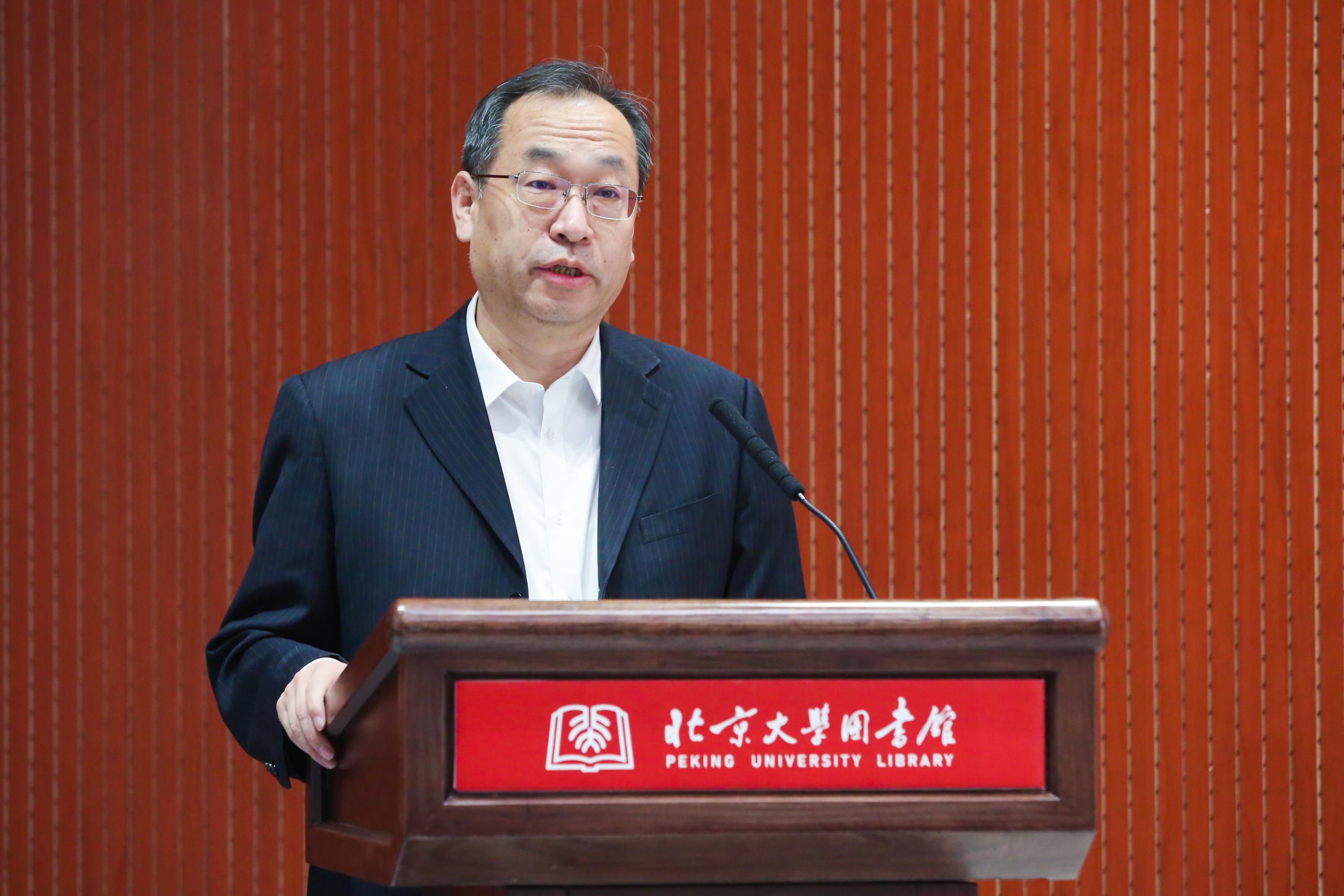
Zhang Jin is delivering his speech.
Xu Xiaotao emphasized in his speech that, President Xi Jinping pointed out at the Central Talent Work Conference that, it is necessary to vigorously cultivate and utilize strategic scientists and cultivate a large number of outstanding engineers. The report of the 20thNational Congress of the Communist Party of China pointed out that education, technology, and talent are the fundamental and strategic support for the comprehensive construction of a socialist modernized country. This series of important deployments provide a fundamental basis for deepening the engineering education reform and cultivating many outstanding engineers in the new era in China.Furthermore, he elaborated on the significance of the construction of new engineering disciplines for the country’s high-quality development, especially in implementing the important directive spirit proposed by President Xi Jinping on cultivating outstanding engineers and talents for the Party and the country.Moreover, Xu Xiaotao proposed several specific guidance and suggestions for cultivating outstanding engineers and hoped that Peking University would further expand its cooperation with enterprises in cultivating outstanding engineers.
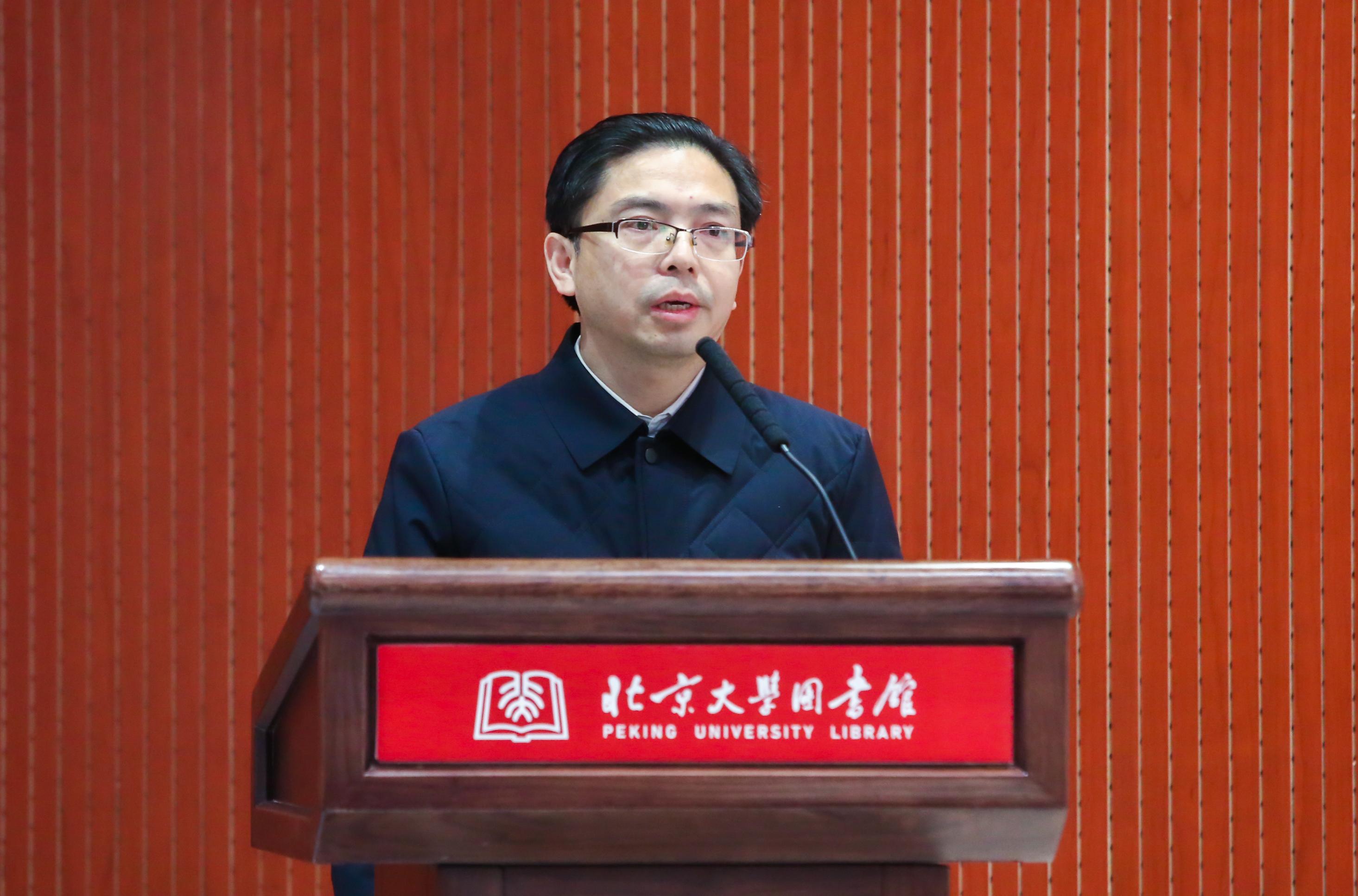
Xu Xiaotao is delivering his speech.
In the keynote speeches, Cheng Heping gave a report titled “Seeing Life and Health—the Progress in Miniature Two-Photon Imaging Technology”. From the four processes of “reading, interpreting, writing and imitating”, he introduced the importance, function, and progress of miniature two-photon imaging technology, as well as how two-photon excitation microscopy can assist brain science research, achieve a key breakthrough from laboratory use to biomedical use in vivo monitoring, and serve people’s life and health. Deng Rong introduced the construction background, cooperation mode and mechanism of Chambroad Holding Group’s “N1N” model of the combination of industry and education in his report. This model achieves the connection of education, industry, talent, and innovation. It explores a new path for improving the market system of various production factors, building a high-standard market system, and empowering enterprises to develop with high quality. The two speakers deeply analyzed how to solve the gap between the needs of jobs and talent cultivation in their respective fields from the perspectives of universities and enterprises and shared their thoughts, explorations, and practices on innovative talent cultivation.
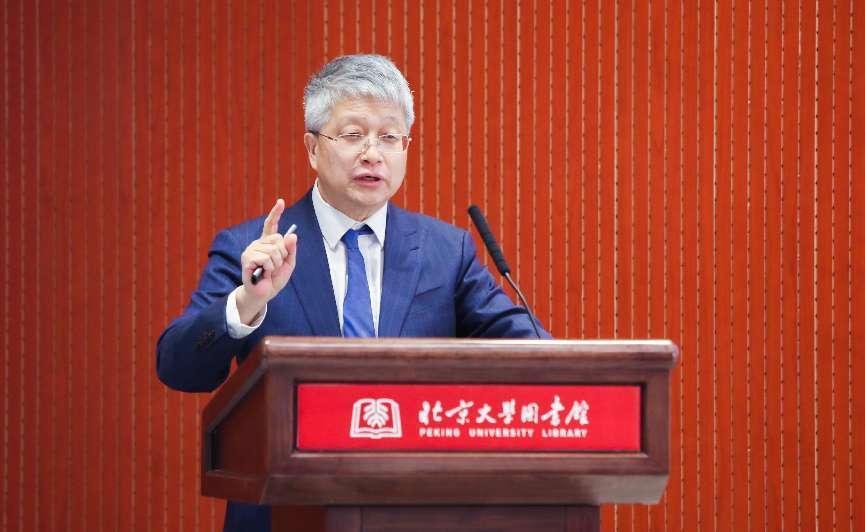
Cheng Heping is making his report.
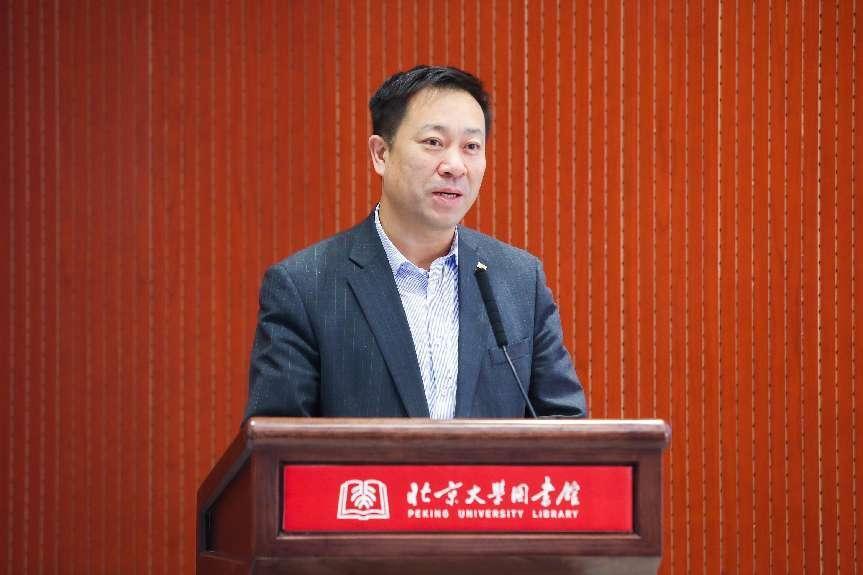
Deng Rong is making his report.
In the discussion parts, four guests, Liu Zhongfan, Tian Yongzhong, Pang Siping, and Deng Rong, engaged in a discussion on the theme of “How to build an excellent engineer training model that meets the needs of the country”. The dialogue mainly focused on three aspects: the challenges faced in traditional graduate training, what kind of talents are needed for the key fields of national development, and how to build a high-end engineer training model with Chinese characteristics. They all believe that the cultivation of outstanding engineers is urgent at present and talent cultivation should be diversified to avoid uniformity. Universities, research centers, and enterprises should actively promote the deep integration of production, education and research and collaborate in talent cultivation with their respective advantages. Moreover, they also emphasized that, adhering to real practice, practicing while learning, changing the situation that students cannot solve real problems and cannot participate in real projects in practice, aiming at production, solving the problems such as the disconnection between production and education and the homogenization of academic and applied training, and supporting the development through talent cultivation are all important to the current situation.
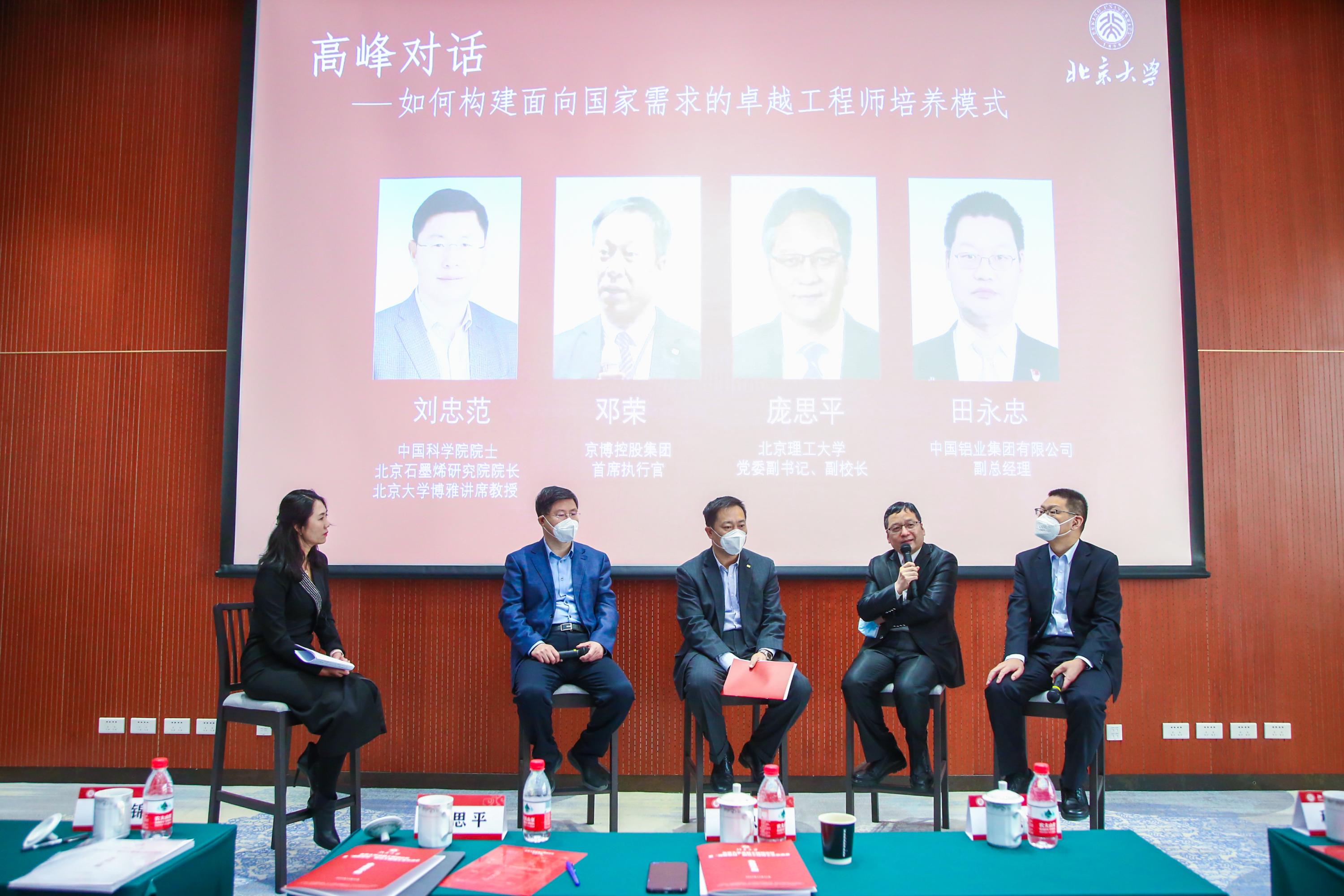
Discussion: How to build an excellent engineer training model that meets the needs of the country?
Jiang Guohua, the vice provost of Peking University and the vice-dean of the Graduate School, summarized the forum and introduced the recent progress in the development and reform of engineering graduate education at Peking University. Peking University is promoting the reform of part-time engineering doctoral training mode, establishing the “doctoral professional degree of frontier engineering” project, reforming the full-time engineering professional degree training mechanism, and practicing the joint training of domestic top universities and leading enterprises. He proposed to fully leverage the comprehensive advantages of the discipline, build the forum into a sustainable exchange platform and a brand project for engineering doctoral training, and construct Peking University into a model university for cultivating leading engineering and technology talents and outstanding engineers.
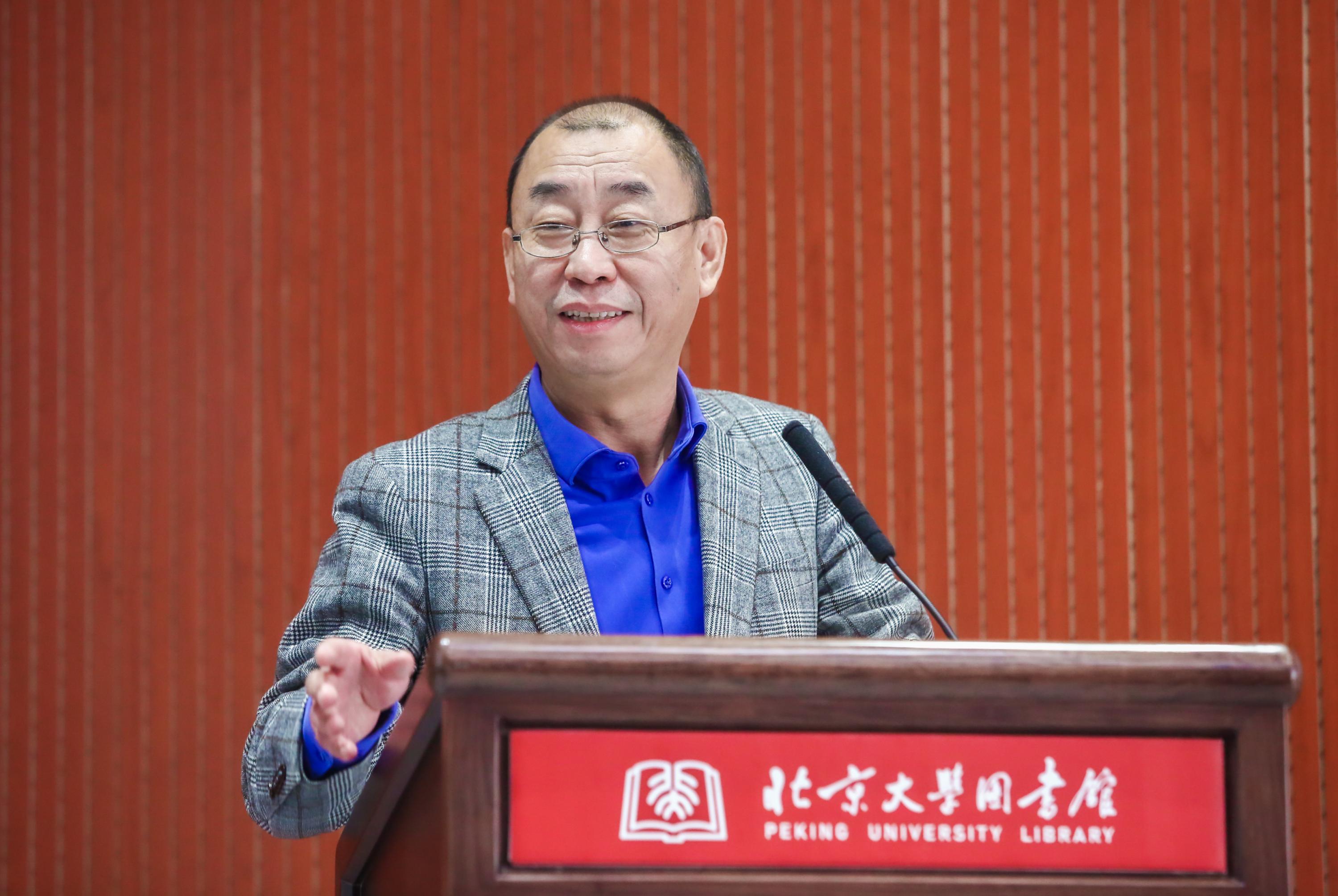
Jiang Guohua is making a summary.
At the “Gathering Talents with Boya Spirit” Frontier Engineering Doctoral Students Exchange Conference in the afternoon, He Feng, the Director of Academic Degrees Office of Graduate School, congratulated and thanked the successful holding of this conference as scheduled. He said that the school would continue to steadily build an exchange platform for all engineering doctoral students, and strive to promote the normalization, institutionalization and branding of the exchange mechanism. In the oral presentations, eight doctoral students of engineering made their reports. They shared and discussed the bottleneck obstacles, technological breakthroughs, and the progress in research and developments in the industries, aligned with major national needs, promoted the development of enterprises, and proposed their ideas and suggestions for the talent cultivation and discipline construction of Peking University’s new engineering discipline. After the presentations, Zou Ruqiang, the Secretary of the CPC School of Materials Science and Engineering Committee and the Dean of School of Materials Science and Engineering, gave a concluding speech. He highly praised this exchange conference and encouraged students to make more exchanges in different areas, develop with integrated resources, and strive to become leading talents in national engineering technology and high-tech industries.
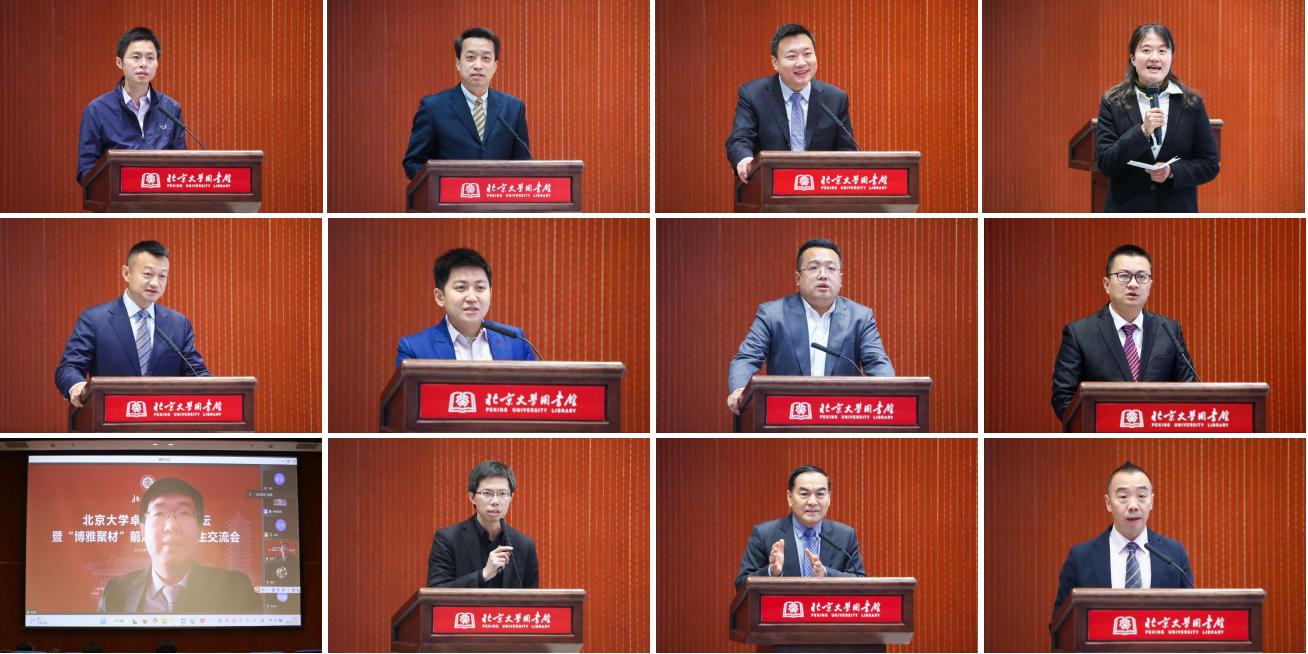
The Communication Cite.
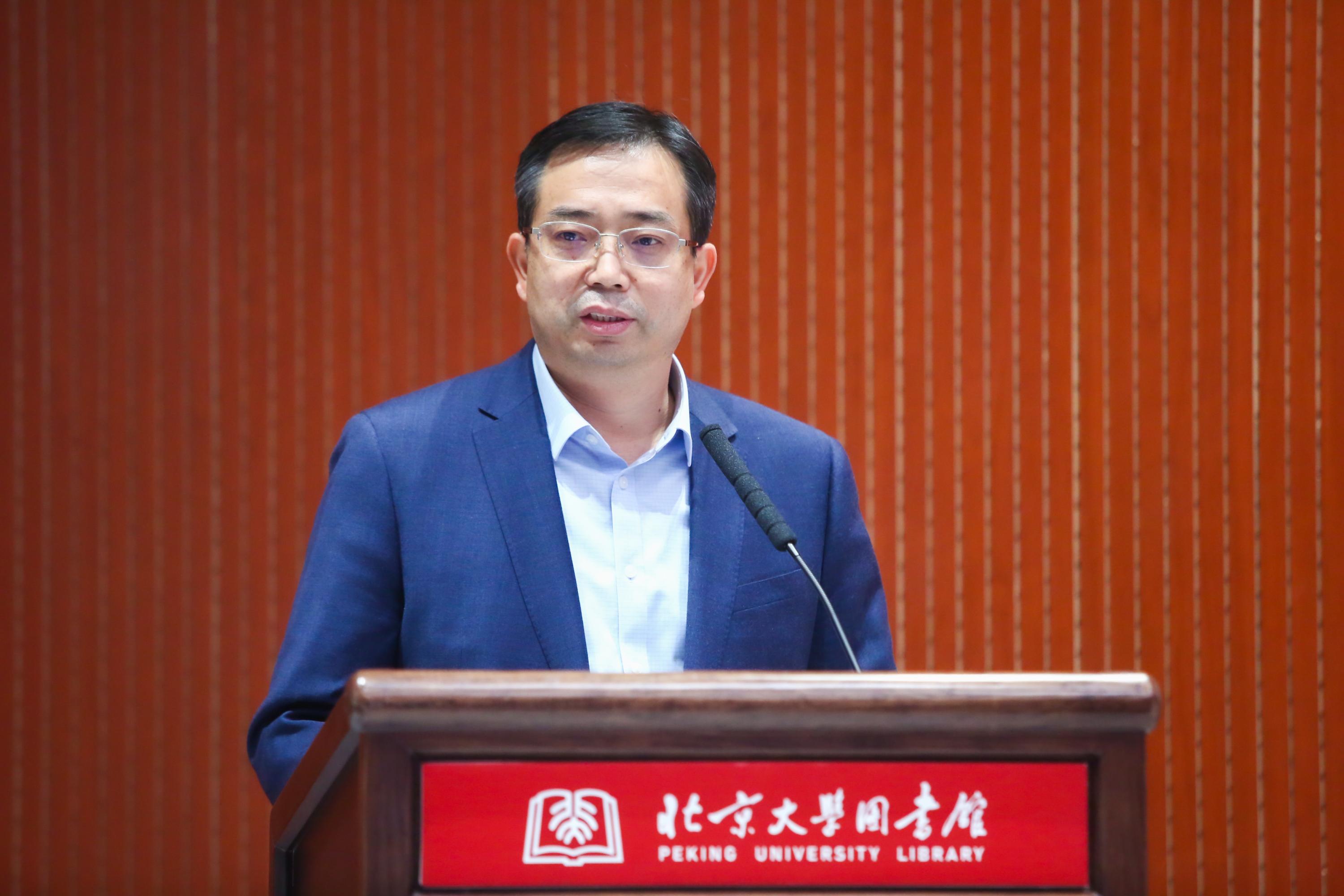
Zou Ruqiang is making a conclusion.
The forum and the exchange conference are organized by the Graduate School of Peking University, the Office of Emerging Engineering Development, and the School of Materials Science and Engineering, and are supported by the Changping New Campus Management Committee Office, the School of Software and Microelectronics, the College of Engineering, the College of Future Technology, the Institute of Energy, the Guanghua School of Management, the Shenzhen Graduate School, and the School of Innovation and Entrepreneurship. They aim at building learning, exchanging and displaying platforms with a high starting point, wide range, and interdisciplinary for all doctoral students of engineering at Peking University. Furthermore, the meeting was also attended by leaders of engineering doctoral training units such as the School of Software and Microelectronics, the College of Engineering, and the College of Future Technology, leaders of relevant functional departments within the Peking University such as the Discipline Construction Office, the Office of Science and Technology Development, the School of Innovation and Entrepreneurship, and Graduate School, leaders of some other universities and related enterprises, as well as representatives of teachers and students from relevant departments.